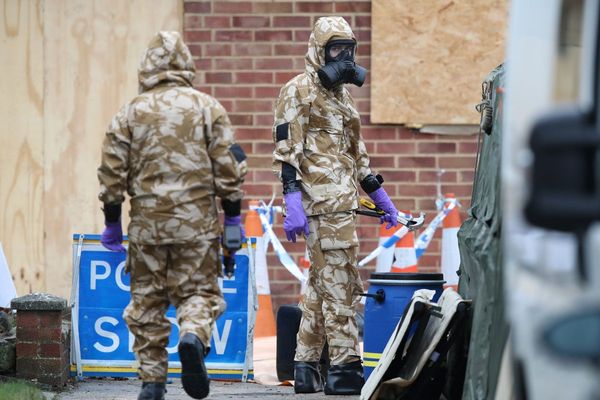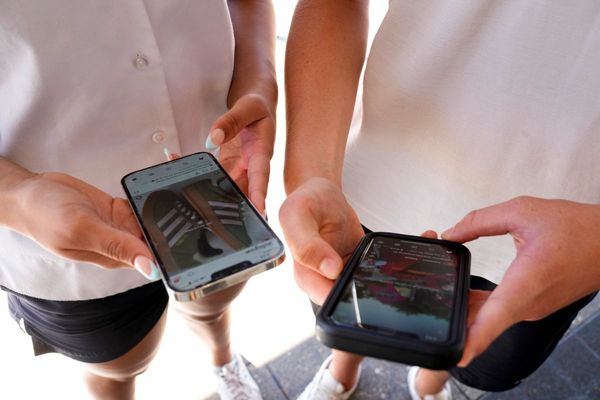
South Korea is set to hand out almost $500 a month in free cash to coax young, predominantly disadvantaged people out of their reclusive states.
The country’s Ministry of Gender Equality and Family has launched a new funding program to help youths suffering from hikikomori, a condition named after a Japanese term coined to describe extreme social withdrawal.
Around 350,000 South Koreans aged between 19 and 39 – or 3% of that demographic – are considered to be lonely or secluded, according to the Korea Institute for Health and Social Affairs.
Under the government’s plans, people between the ages of nine and 24 that are experiencing hikikomori are set to be offered a monthly living allowance of 650,000 won ($490). The program is intended to help disadvantaged youth, who are thought to be disproportionately impacted by the condition.
The allowance, which builds on government plans first outlined in November, is intended to encourage them to leave the house to attend school, college or work and ultimately “recover their daily lives and reintegrate into society.”
Young people will be able to use funding available through the scheme to pay for general living expenses, school supplies, cultural experiences, and even cosmetic procedures such as the correction of scars.
In a document published by the government on Wednesday, self-confessed “hermits” described their living situations and how they had ended up suffering from hikikomori.
One shared details on how domestic violence in their household had made them so depressed that they “began to live in seclusion” at the age of 15.
“Even if you muster up the courage to go outside, it was difficult to make eye contact with people,” they explained.
Another described how they had difficulties adjusting to college, and was eventually expelled for truancy, which exacerbated their reclusion.
Shin Yul, a political science professor at Myongji University in Seoul, told Bloomberg the policy was “fundamentally a welfare measure” – but suggested it was also an attempt to address South Korea’s population crisis.
“While it’s good to try various approaches to boost working age population, it cannot be seen as a long-term solution to fix the population problem here,” he said.
South Korea is the only country in the world with a birth rate below one, with South Korean women giving birth to an average 0.78 children in their lifetimes.
The country’s dwindling fertility rate, which has raised concerns about the socioeconomic impact of the rapidly ageing population, has seen interventions such as the tripling of child welfare allowances and dating courses at local universities.







